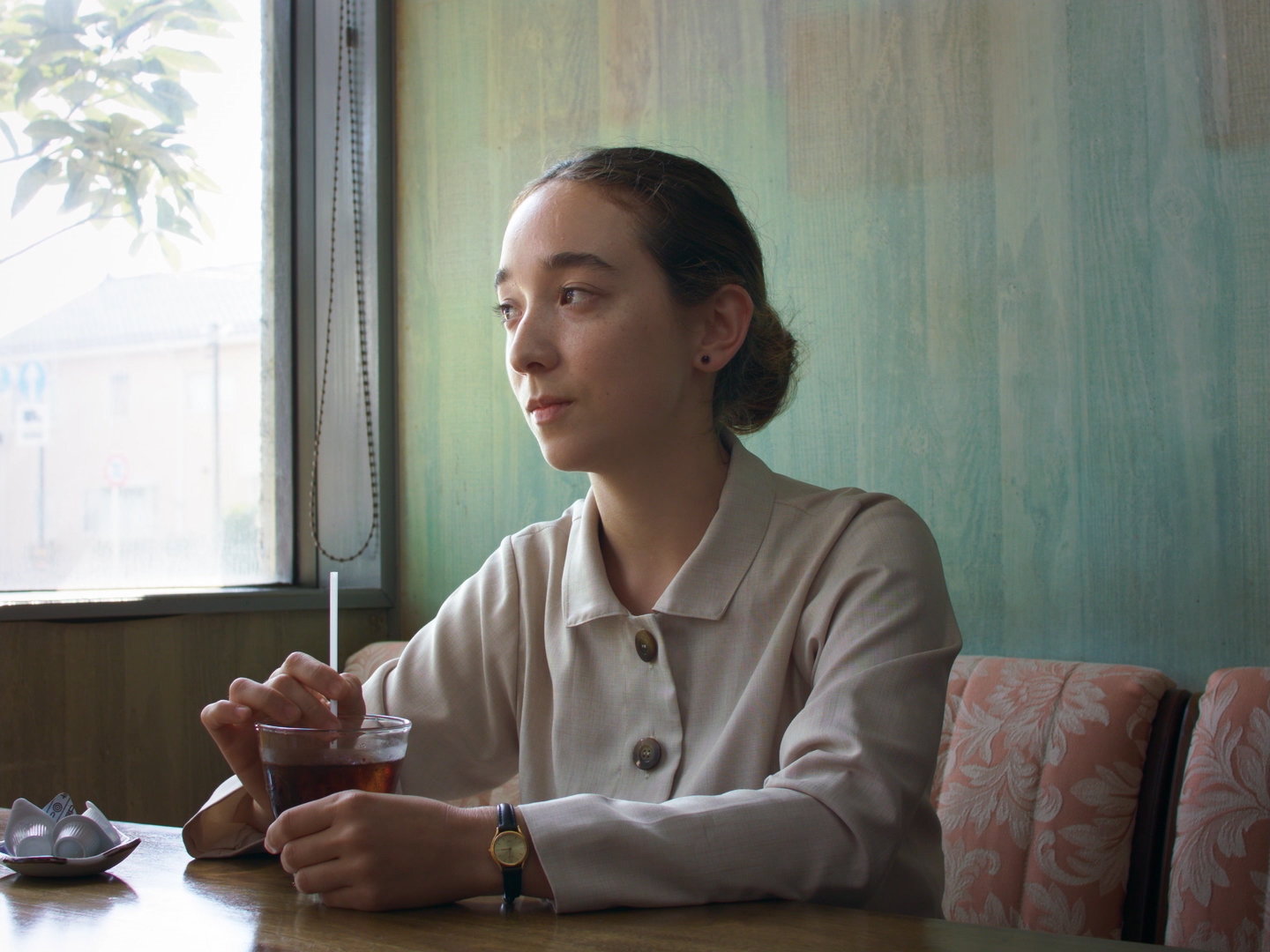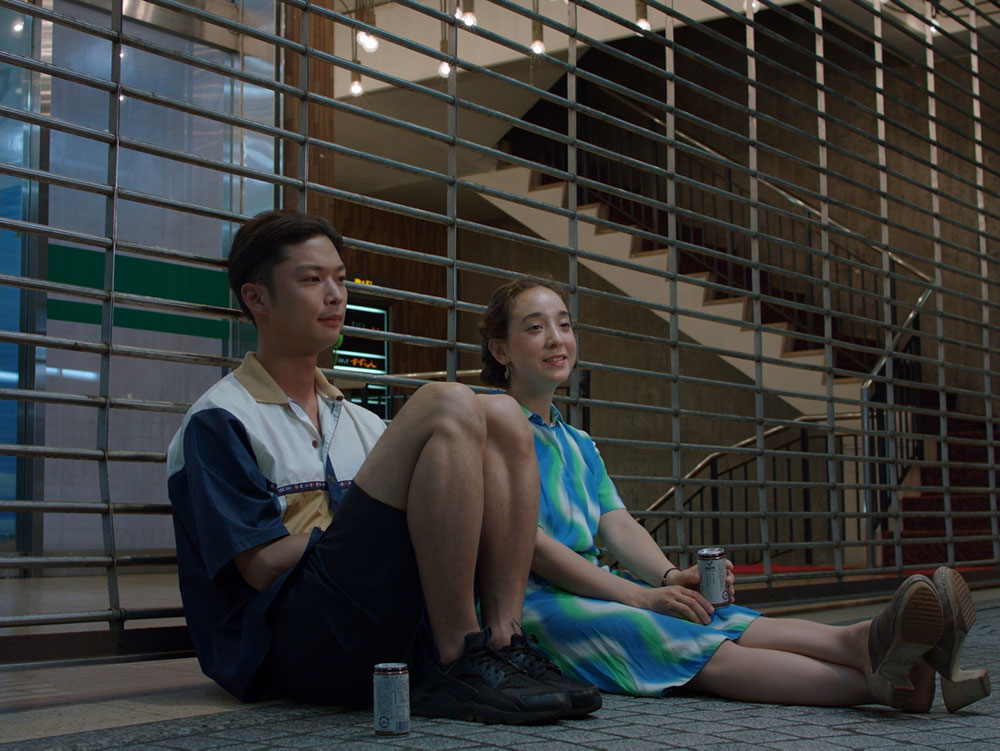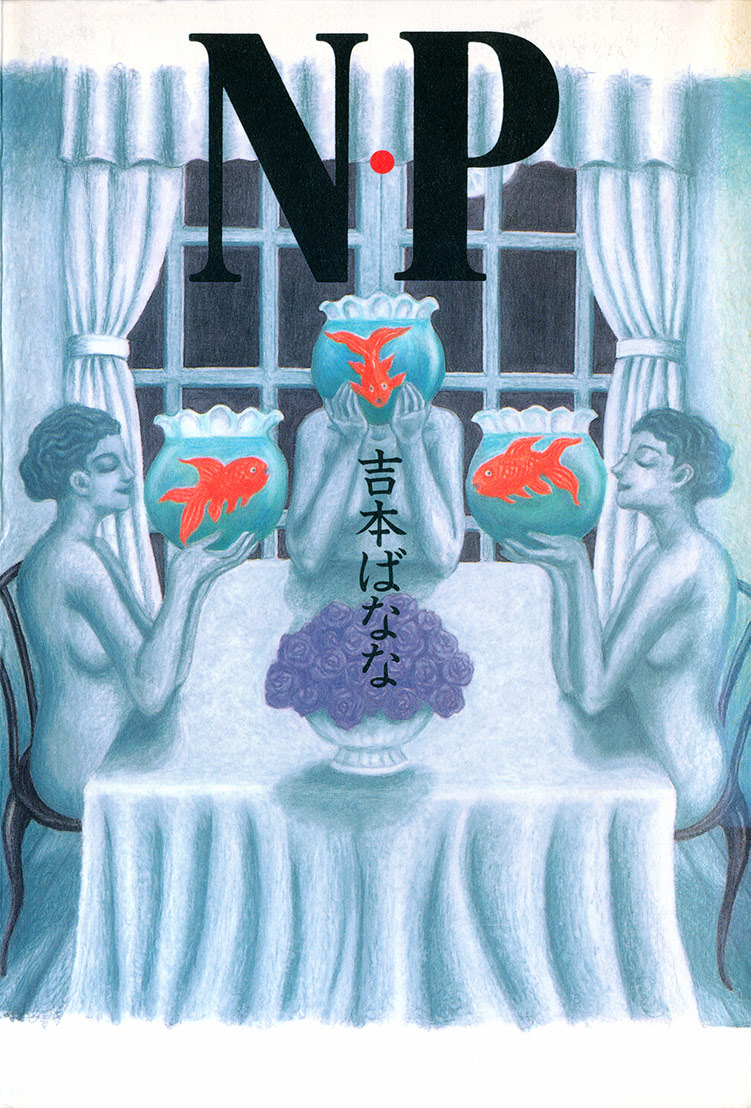STORY
In this silent film, set during one Japanese summer, four young people discover how one book unites them. All four are fascinated with the novel N.P by the late and mysterious Sarao Takase. The eponymous film N.P dissects the young characters’ complex web of relationships.
How does a translation relate to the original? How does fiction relate to reality? To what extent is your life a fiction, directed by predetermined narratives? And what is the nature of the often incestuous interaction between the protagonists?
The strikingly beautiful colours of the summer define the mood and atmosphere of the film, turning its complex, dark heart into a serene and glowing meditation on the young and on the influence of past experiences on one’s life.
Kazami, the narrator in Banana Yoshimoto's original story, had a relationship with the translator Shoji Toda when he was translating the English-language book N.P into Japanese. This book was written by the late Japanese author Sarao Takase, who had lived in the United States. The 97 short stories that make up Takase's book are mostly autobiographical. Shoji Toda committed suicide while translating the book. The unpublished 98th story of N.P is the heart of the original story and deals with Takase's incestuous relationship with his illegitimate daughter Sui.
Four years after Shoji's suicide, Kazami meets Takase's children: first the twins Otohiko and Saki, and later their half-sister Sui. They live in the book's closed, determined and surreal realm and try to find an escape via the empathetic Kazami. Sui seems to be a character devoid of social, ethical and sexual norms. After her past relationship with her father Takase, she enters into a relationship with her half-brother Otohiko.










